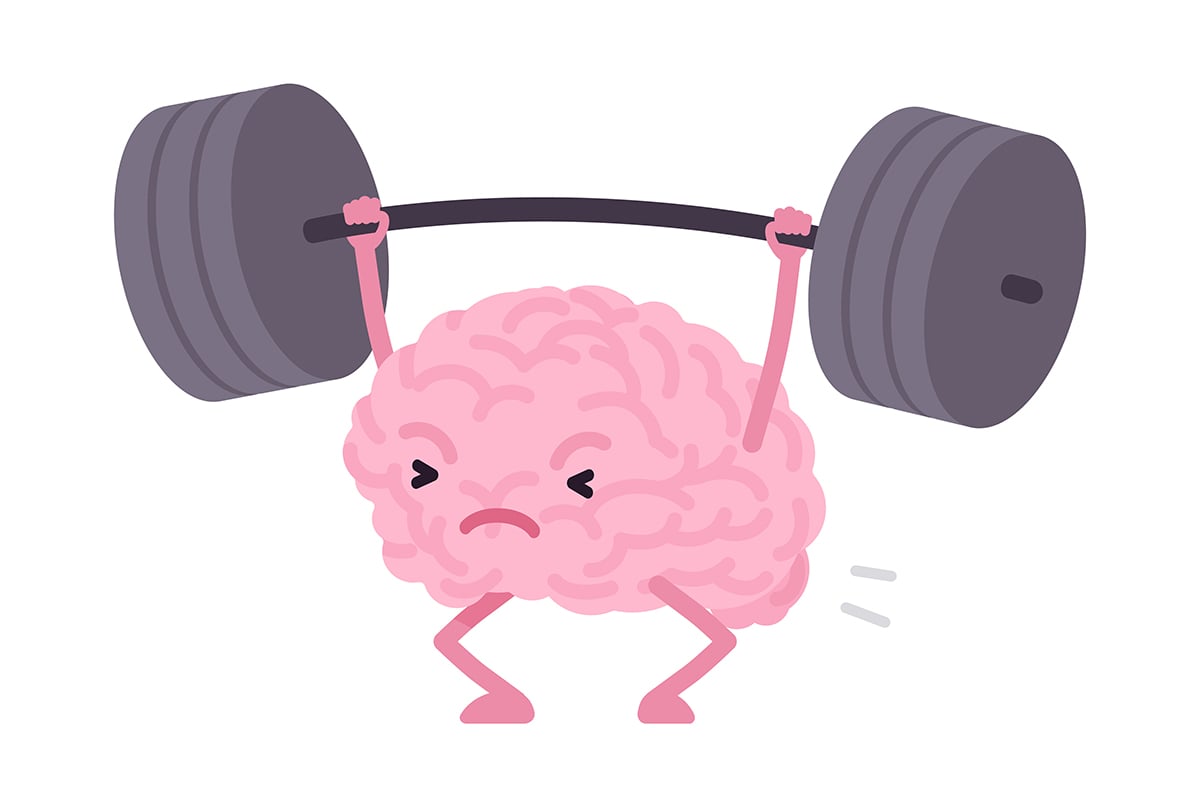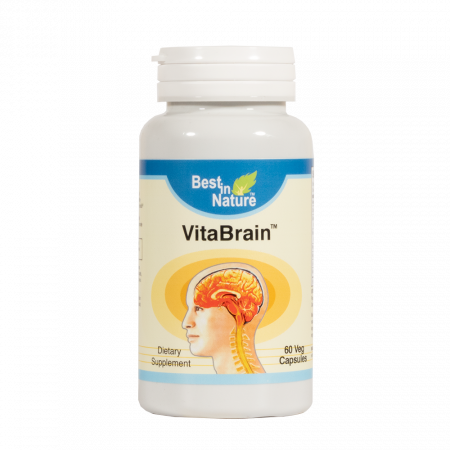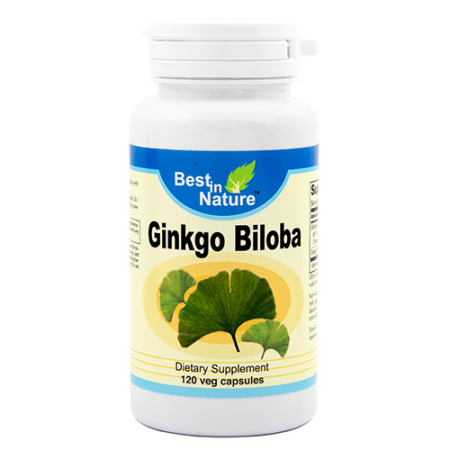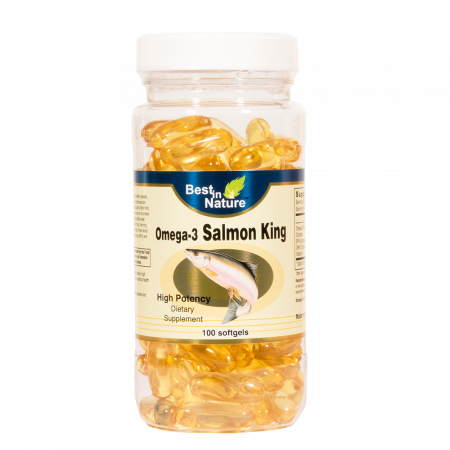
Reviewed and Updated: August 15th, 2024
Choline is an essential nutrient that is a part of cellular growth and metabolism and as such is necessary for a number of bodily processes. For today’s discussion, it is functionally a brainpower building block. How is that so? And what does it mean? Let’s take a look.
Choline May Protect Against Cognitive Decline
Choline is a precursor of acetylcholine, a neurotransmitter that plays a key role in memory and other cognitive functions. As a result, choline is essential for brain function and performance. It might also preserve these functions as we age.
Scientists looking into this hypothesis pulled data from 3224 participants of the Framingham Heart Study and found a strong association between choline deficiency and neurodegenerative conditions such as Alzheimers and dementia.
Further studies have found that supplementing choline as in VitaBrain led to improved short term and long term memory in adults with poor memory.*
Supports Childhood Brain Development
Choline is important for us even before we’re born because it’s essential in the development of our brain, spinal cord, and nervous systems in utero. After we’re born, there’s natural choline found in breast milk which is important for further brain development. With this in mind, expecting mothers should take care to avoid a deficiency although it is rare to experience one. The suggested daily dose is between 450 mg to 550 mg of choline per day during pregnancy, starting at the lowest dose.
In studies on rats, maternal choline deficiencies during late stages of pregnancy (when the hippocampus forms) led to decreased hippocampal function and altered memory in the adult rodent.
Choline and Mood Health
The neurotransmitter acetylcholine, which the body synthesizes from choline, also plays a role in mood regulation. A study on men and women from ages 46-74, found a strong link between low-choline levels and anxiety with a weaker link between choline and depression.
Excessive alcohol consumption and intense exercise can lower the body’s supply of choline, so a balanced and healthy lifestyle is important.
Additional Choline Benefits
Supports Healthy Liver Function
Choline plays an important role in lipid transport and in this role, it helps to remove fat and cholesterol from the liver. Insufficient choline levels can inhibit this function, leading to fatty liver deposits and liver damage if this problem persists.
A study on people with non-alcoholic fatty liver disease found an association between low choline intake and the severity of their condition. This is the most common liver disease worldwide which causes the liver to swell and become scarred due to the excess of fat deposits in the liver. Liver scarring leads to the cirrhosis that is normally caused by alcohol. Being overweight or obese puts one at risk of non-alcoholic fatty liver disease which can further lead to cancer of the liver.
Choline Supports Bette Heart Health
Although there’s a slight resemblance between the word choline and cholesterol, choline seems to actually have positive effects on heart health.
Choline and folate help to convert homocysteine to methionine. A deficiency in either folate or choline can lead to homocysteine accumulation which contributes to greater heart attack or stroke risk. Additionally maintaining healthy choline levels may help to reduce blood pressure levels.
Food Sources of Choline
Organ Meats: Beef and chicken liver are both very rich in choline although there is reason to limit the amount of either that you consume. Beef liver alone provides 425 mg of choline per 100 grams which is 100% of the RDI for women and 77% of the RDI for men.
Poultry: Chicken and turkey contain choline along with quality lean protein. 100 grams of chicken breast for example provides 84 mg of choline.
Eggs: 1 whole egg provides 147 mg of choline.
Fish: A variety of fish are rich in choline as well. A 3 oz portion of salmon provides 187 mg of choline.
Mushrooms: While rich choline sources tend to be animal based you can get it elsewhere. 1 cup of cooked shiitake mushrooms has 116 mg of choline or 21% of your RDI.
Cruciferous vegetables: When it comes to plant-based sources, cruciferous vegetables like cauliflower provide 72 mg per cup (160 grams cooked) and Brussels sprouts provide 30 mg per cup.
Supplements that Promote Brain Health*
You can find Choline in multiple forms such as plain choline supplements or functional blends like VitaBrain, which combines choline with other brain boosting ingredients like ginkgo biloba, huperzia serrata and RoseOx.
L-Theanine acts on GABA, and serotonin to promote relaxation, sleep and better overall mental wellness.*
Flax Oil is a plant-based source of Omega-3 that help to protect the brain against aging.*
Omega-3 Salmon King is an even more potent source of Omega-3 with high-purity, ultra filtered fish oil and no aftertaste.*
Bottom Line
Choline is an essential nutrient that might not be the household name that others like calcium or b12 are, but it is no less important. It’s a major part of brain development, learning, memory and cognitive preservation.
*These statements have not been evaluated by the Food and Drug Administration. Products are not intended to diagnose, treat, cure or prevent disease.









Validate your login
Sign In
Create New Account